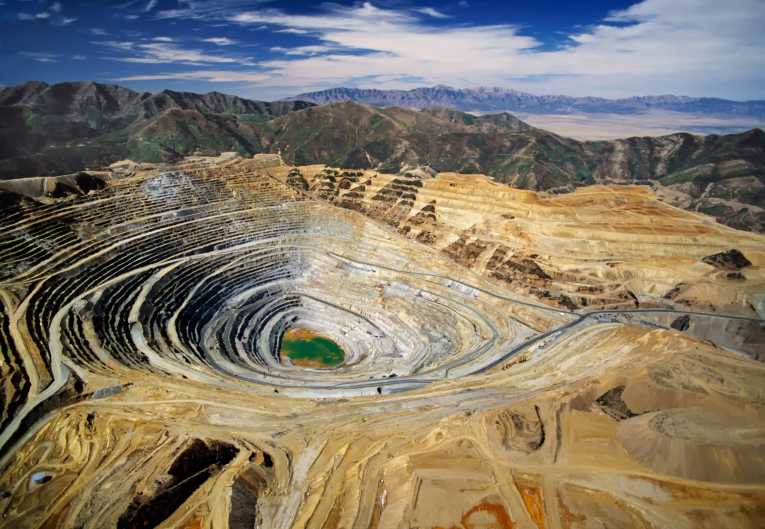After Toyota announced its intention to find an alternative to rare earth minerals following trade disputes with China, officials have announced that the European Union is watching the rare earth market closely and is pursuing secured supplies from China and other areas.
In an interview with Reuters, EU Trade Commissioner Karel De Gucht would not say whether Brussels would challenge China about the elements at the World Trade Organisation, but did note that the issue was of huge geo-strategic importance and said that: ''We are following very closely what is happening with rare earths.''
Rare earth minerals are used in a variety of high-tech appliances, including smartphones, hybrid cars and defence applications.
China produces 97 per cent of the global supply of the minerals, but cut exports back by 40 per cent last year, causing widespread alarm. China stated that the cutbacks were undertaken for environmental reasons, but there has been suspicion that the restrictions came about because of several diplomatic disputes with other countries.
European officials are currently in consultation with affected businesses worldwide, although predominantly in the United States, Japan and countries in the EU like Germany, where sophisticated industries are driven on imported raw materials.
The EU is also concerned about China's imposed export duties on the minerals, which put Chinese manufacturers at a pricing advantage over other countries using the materials.
De Gucht said that the EU was currently pursuing a solution based on ensuring China does not cut off supplies, but is prepared to respect adequate export quotas.
''We should do something to broaden the market ourselves,'' he said.
However, despite a near monopoly on the supply of rare earth minerals, China only has around 35 per cent of them globally, so there is a potential to develop alternative sources of supply.
De Gucht said that the EU Commission would issue a strategy document on its raw materials policy next week. However, Reuters reports that a draft of this document suggests that the EU will consider stockpiling raw materials and is prepared to confront any country that restricts supplies.










